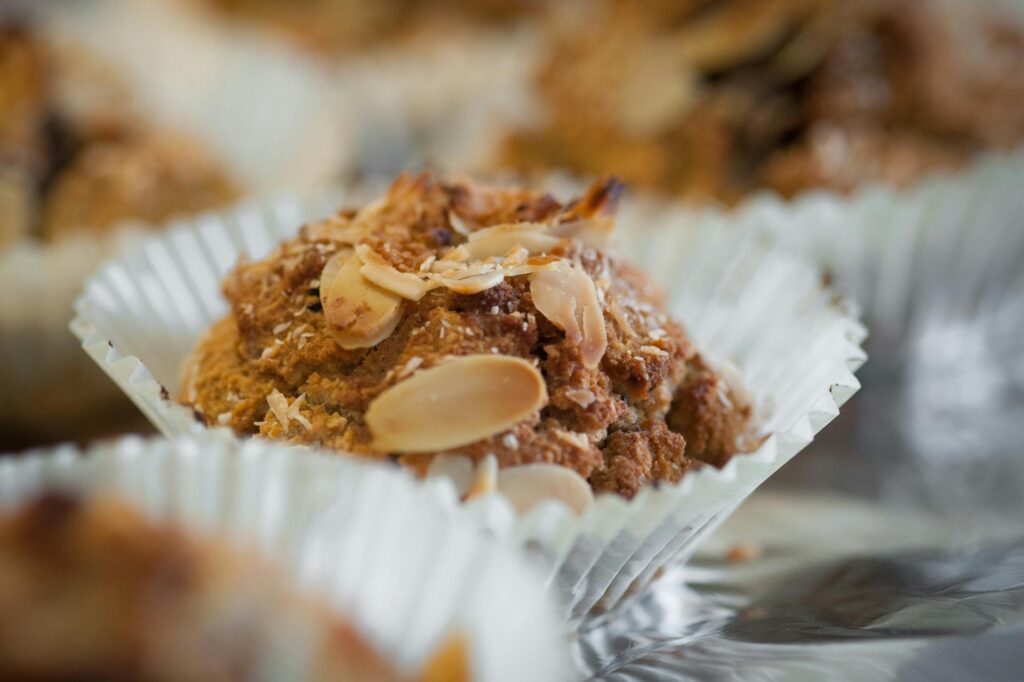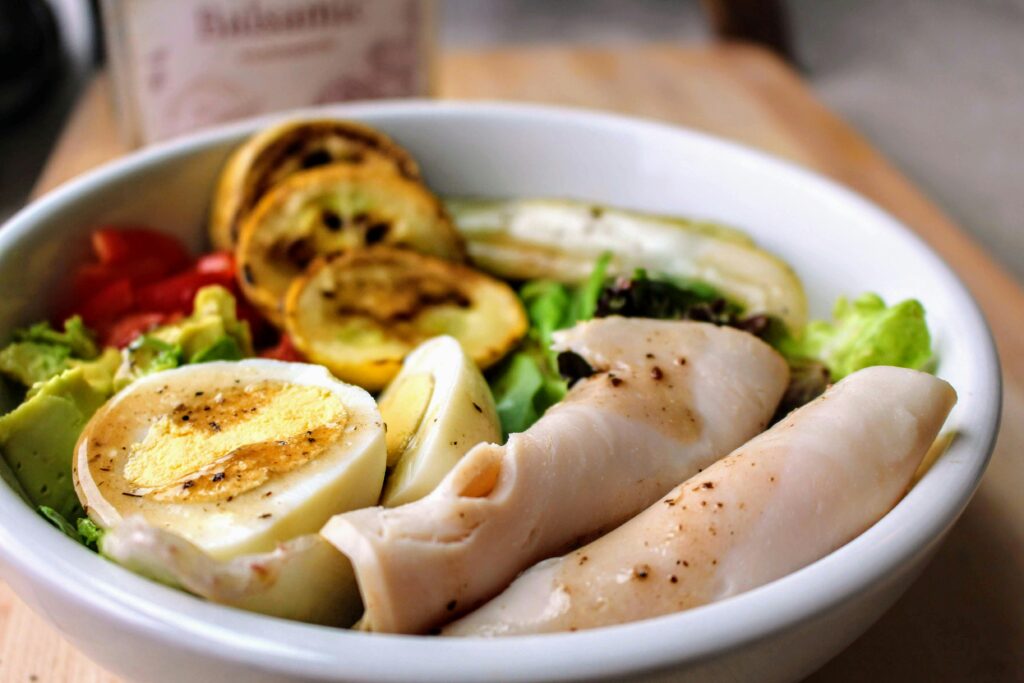
A widely known nutritional plan that consists of foods our hunter-gatherer ancestors would have consumed is referred to as the caveman diet, although most people refer to it simply as the Paleo Diet.
A widely known nutritional plan that consists of foods our hunter-gatherer ancestors would have consumed is referred to as the caveman diet, although most people refer to it simply as the Paleo Diet. The diet includes consuming whole, unprocessed foods but avoids modern agricultural products and processed foods. Supporters believe a Paleo Diet leads to weight loss, health improvements, and even increased energy. So, what is it really? In this guide, we will dive into the basics of the Paleo Diet, what you can and cannot eat, and how it may affect your health.
What is the Paleo Diet?
The Paleo Diet is based on the principle that our bodies are genetically programmed to the foods consumed by our Paleolithic ancestors before agriculture became an activity about 10,000 years ago. According to diet advocates, the body has not been adapted to process grains, legumes, and dairy products introduced after agriculture; such intake of food results in conditions like obesity, diabetes, and heart disease.
The Paleo Diet promotes the consumption of whole foods, including mostly animal proteins, fruits, vegetables, nuts, and seeds, while avoiding processed foods, refined sugars, grains, and dairy. It primarily focuses on natural, nutrient-dense foods for healthier lifestyles and reduced risks of chronic diseases.
Advantages of the Paleo Diet
The Paleo Diet has been associated with several health benefits, including:
1. Weight Loss: Being rich in protein, low in carbohydrates, and unprocessed, the diet will cause one to feel less hungry and feel fuller for longer periods and therefore help in weight loss.
2. Better Blood Sugar Regulation: There is no presence of refined sugars and processed carbohydrates; therefore, it is believed that blood sugar level stabilizes, helping patients with diabetes or at the risk of developing diabetes.
3. Reduced Inflammation: Paleo Diet recommends anti-inflammatory foods. Thus, it may be one way to reduce inflammation, a known etiology of most chronic diseases.
4. More Energy: Many people report an increased level of energy after embarking on the Paleo Diet, probably because the diet gives a stable level of blood sugar and nutrient density.
5. Digestive Enhancement: One finds that by removing grains, dairy, and legumes, that digestion has improved dramatically, with a significant reduction in bloating, gas, etc.

What You Can Eat on the Paleo Diet
The Paleo Diet does sound pretty restrictive, but trust me, there’s plenty of tasty and nourishing food. Here is a closer look at what you can eat on the Paleo Diet.
1. Lean Proteins
Protein is the foundation of the Paleo Diet, which helps fix and build muscles and support a healthy metabolism. The Paleo diet focuses on using sources of protein that resemble those of our ancestors as closely as possible.
- Grass-Fed Meats: Beef, lamb, and other meats should come from grass-fed animals, because that’s closer to how they are naturally fed and might contain more omega-3 fatty acids.
- Poultry: Chicken, turkey, and other poultry are good, especially if they are organic and free-range.
- Fish and Seafood: Wild-caught fish and seafood, particularly fatty fish like salmon, trout, and sardines, are rich in omega-3 fatty acids and other nutrients.
- Eggs: Eggs are a great source of protein and healthy fats. Opt for eggs from free-range chickens whenever possible.
2. Vegetables
Vegetables are another staple of the Paleo Diet. They provide fiber, vitamins, and minerals everybody needs to be healthy.
- Non-Starchy Vegetables: You’d like to have more of these vegetables: leafy greens (spinach, kale), broccoli, cauliflower, bell peppers, carrots, and zucchini
- Root Vegetables: Sweet potatoes, carrots, and beets are also fine, but use these sparingly if you’re trying to restrict your carbs
3. Fruits
Fruits are high in sugar and fiber. Fruits are a good source of vitamins, antioxidants, and natural sugars. Although fruits can be allowed, the amounts of these are kept relatively small for the sugar content of the Paleo Diet.
Apples, oranges, bananas, and avocado are the other types of fruits. These avocados, used and valued very much, has healthy fats.
4. Nuts and Seeds
Nuts and seeds are a perfect snack as they contain a good amount of healthy fats, protein, and fibre.
- Almonds, Walnuts, Cashews: These nuts provide a good amount of healthy fat and are Paleo-friendly.
- Chia Seeds and Flaxseeds: These nutrient-dense seeds can easily be added to smoothies or Paleo-friendly baked products.
- Pumpkin and Sunflower Seeds: Seeds are rich in minerals and can add an element of variety to one’s diet.
5. Healthy Fats
Healthy fats make a major constituent of the Paleo Diet, and only the natural source can help with it.
- Olive Oil: Rich in monounsaturated fats and anti-inflammatory in its features, this extra virgin has lots to offer to one’s body.
- Coconut Oil: It is rich in MCTs. Being stable even at a high temperature, coconut oil is used primarily for cooking purposes.
- Avocado Oil: Another good choice for frying and abundant with healthy fats, Avocado can never be replaced in life.
- Animal Fats: Lard and tallow are also animal fats from grass-fed animals that are okay on the Paleo Diet.
What You Can’t Eat on the Paleo Diet
The Paleo Diet does eliminate most food groups, as well as many processed foods early humans could not eat. These are things you should not eat:
1. Grains
You will be getting rid of all grains – whole, refined, or those that contain gluten. That includes:
- Wheat, Barley, and Rye: These are grains and contain gluten.
- Rice and Corn: These are not technically grains, but rather, a grain and a pseudo-corn. Both of these are gluten-free; however, they do not belong to the Paleo Diet.
- Quinoa, Oats, and Other Pseudo-Grains: Even though these are seeds, they are usually excluded from the Paleo Diet.
2. Legumes
The Legumes contain lectins and phytates, which supposedly hamper nutrient assimilation. Paleo followers abstain from:
- Beans: Black beans, kidney beans, pinto beans, etc.
- Lentils and Peas: These products are not available in a diet.
- Peanuts and Soy: These legumes are proscribed. In other words, peanut butter and most soy products cannot be ingested.
3. Dairy Products
All dairy products are avoided on the Paleo Diet, as they were not part of the hunter-gatherer diet and may be problematic for some individuals.
- Milk: Both regular and lactose-free milk are not Paleo.
- Cheese and Yogurt: Some Paleo dieters permit fermented dairy products such as kefir and yogurt, but traditionally, they are avoided.
- Butter: You tend to avoid regular butter, although some Paleo purists consume ghee due to it being free from milk solids.
4. Refined Sugars and Processed Foods
You are avoiding anything that comes in the guise of a refined sugar as well as heavily processed food. Instead, you’ll only be consuming the natural sugars through fruits and vegetables.
- White and Brown Sugar: Goodbye white sugar and brown sugar.
- Artificial Sweeteners: No room for artificial sweetness such as aspartame and sucralose.
It mainly excludes the following foods;
- Processed Snacks: Avoid chips, cookies, and other processed snacks.
Conclusion on the Paleo Diet
The Paleo Diet, therefore, supports the healthy consumption of wholesome, whole, and natural foods. It has restrictions on categories of food intake but has been said to help most people to achieve their better health, increased levels of energy, and even better weight control. The diet focuses more on nutrient-dense foods that promote maximum health benefits, reducing risks associated with modern diseases.
However, one must remember that people’s needs are different, and not everyone will find the Paleo Diet useful. To some, dairy or grains are not dangerous and can be included in a healthy diet. The Paleo Diet must always be consulted with a healthcare provider or nutritionist to check whether it is appropriate for your health goals and needs.
Overall, the Paleo Diet is an excellent means of detoxing and concentrating on eating naturally and minimally processed food for a healthier, more active lifestyle.







